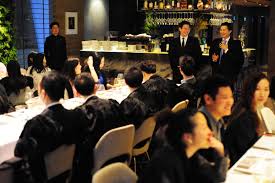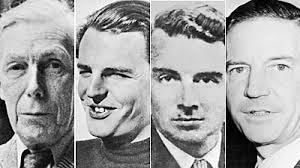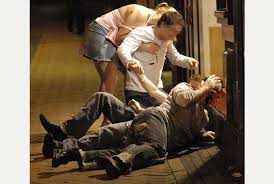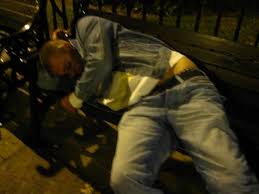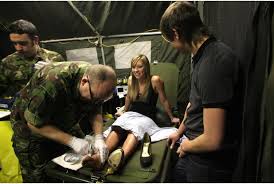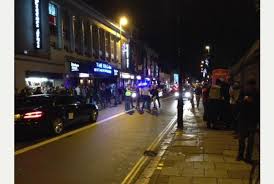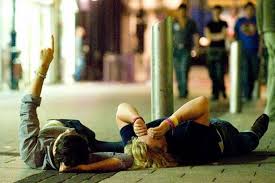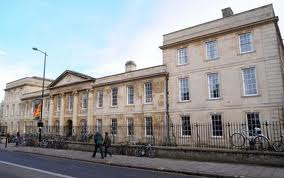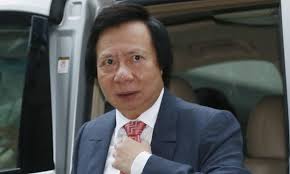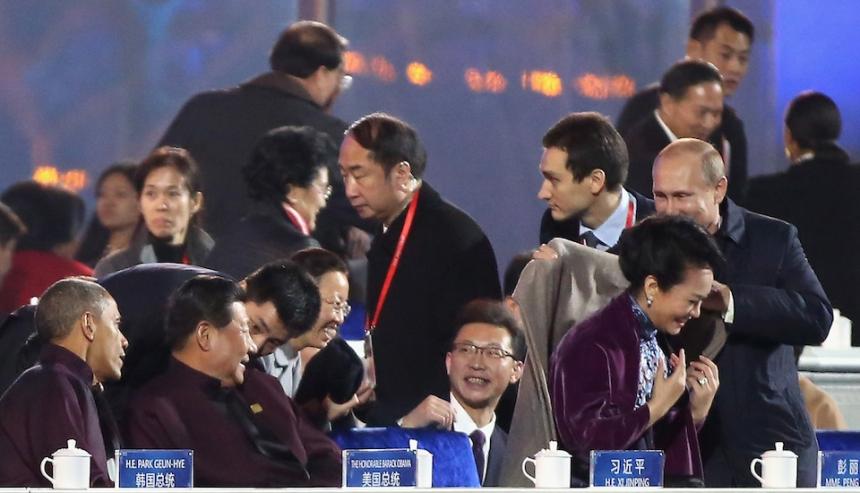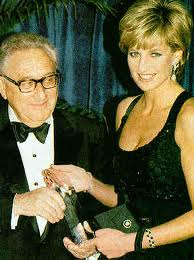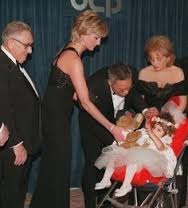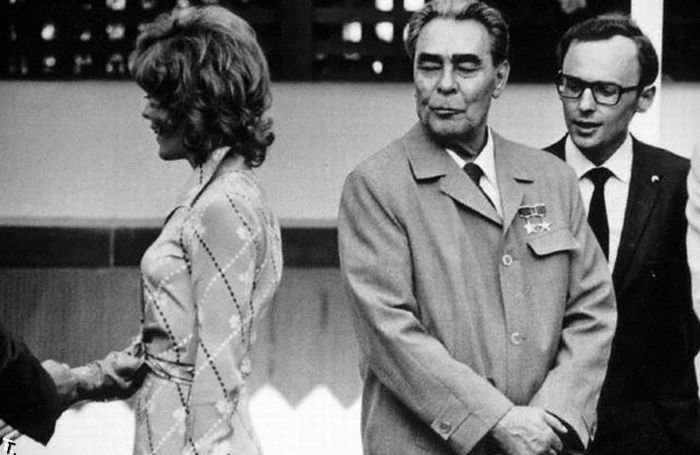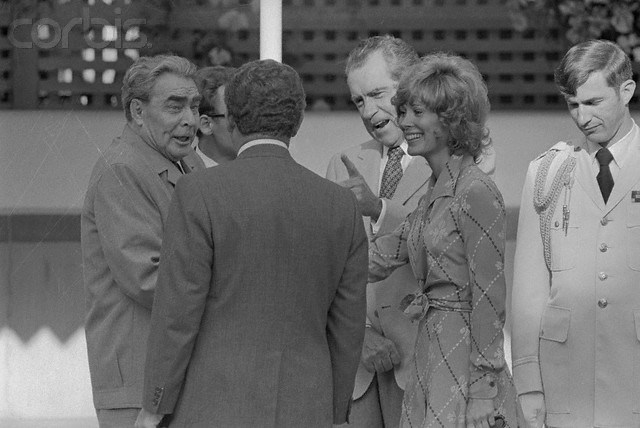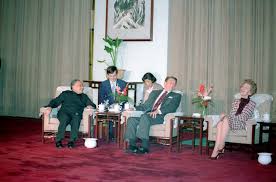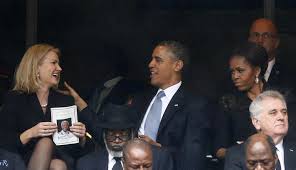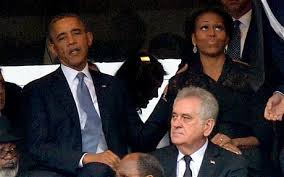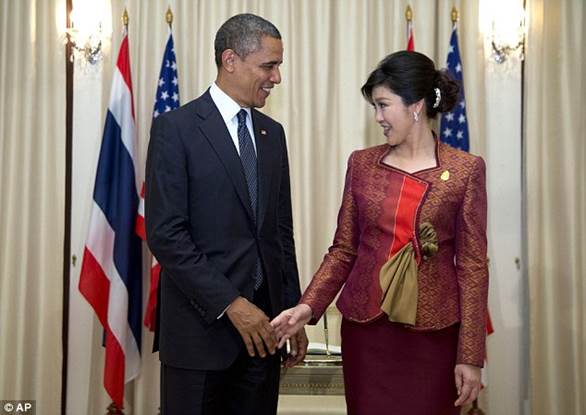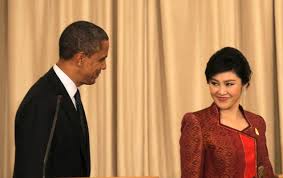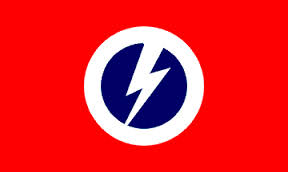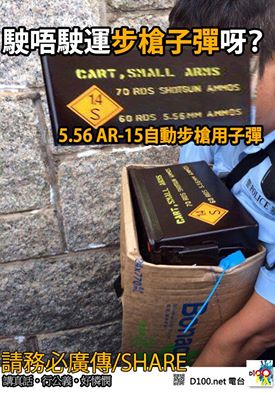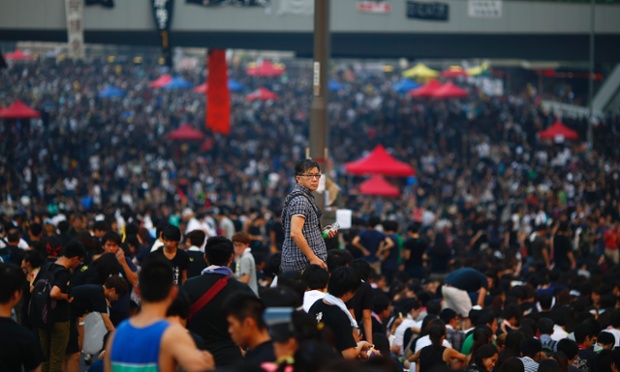Here is a very interesting article from Foreign Policy about possible future strategies in the Hong Kong protests. It is written by academic researchers of successful non-violent protest movements around the world.
Following my FT oped, the idea of targeted consumer boycotts is what jumps out…
In addition… there were lots of comments on the FT article. As with this blog, I don’t think that comments which do not add substance, or challenge substance, in what is being said are useful. But several people did say things on the FT site that seem to me interesting enough to re-post. I was struck by the comparison with Singapore. Is it possible the Harry and the PAP are more responsive on the question of social equity and competition than the Hong Kong government? I think the full answer would be more nuanced than the commenter suggests, but it is an interesting idea.
…
Great article. So true. We Chinese generally don’t take to the streets unless our bellies are empty. Usually too busy working and making money!
Singapore has a supermarket chain run by the National Trade Union Congress, which was put in place to keep prices competitive. Its produce is often superior to the so-called upmarket chains. I remember as a child the beginning of this chain and how it put the lid on the supermarket chains left behind by the British. In fact, one of those chains, Fitzpatrick ended up going out of business!
As for food, there are many hawker centres where hawker stalls are rented out at ridiculously low rents to stallholders who “inherited” these stalls from their parents or other relatives. As a result, you get delicious food (from secret recipes passed down generation to generation) at super-low prices. I just had a “home-cooked” type meal of rice and dishes (1 veg, 1 meat and 1 toufu) for a total of S$3, in the Central Business District. And it gets cheaper in the “heartlands”.
At the last General Elections, the PAP lost seven seats to the opposition. It is now implementing even more social transfers in response to popular sentiment.
I think that’s what ordinary Hongkongers want. Someone to listen to their woes and take action.
…
I came across the following stats at Bloomberg to quantify the hurt inflicted on so many living in HK as a result of money and power being in the hands of so few.
Hong Kong’s Gini coefficient, a measure of income inequality, rose to 0.537 in 2011 from 0.525 in 2001, the government said last June. The score, a high for the city since records began in 1971, is above the 0.4 level used by analysts as a gauge of the potential for social unrest.
The average gross household income of the poorest 10 percent of the population fell 16 percent to HK$2,170 a month in 2011, from 10 years earlier, according to a government report. The comparable income for the richest 10 percent jumped to HK$137,480 a month, a 12 percent increase.
Not good for creating social harmony.
…
Studwell’s refocus on economic questions is correct, and would be very good for Hong Kong, but it would never receive the kind of universal support that the Western press has given the democracy movement. In fact, the West is proposing the opposite of Studwell’s economic fairness: to break the current Chinese social structure and open the gates for multinational business, a kind of Yeltsin years for China. Every Western journalist knows that democracy without campaign finance will lead to the election of money – i.e., the election of a tycoon or someone backed by one (CY Leung was an anti-tycoon candidate compared to Henry Tang, and look where he is now). Studwell seems concerned with actually improving Hong Kong, but that is not what the press coverage of the democracy movement is about, otherwise they would have used real facts rather than cinderella stories. Nevertheless, the FT should be commended for printing this piece, as well as for keeping comment board open.
…
There is no questions that HK is run by monopolies, duopoly and oligopolies and things are more expensive than it could have been.
However, the author who learn much by looking in the back yards, especially the VAT inclusive prices here.. For example, one can run a price comparision between watsons.com.hk and boots.com, Johnson baby shampoo 500ml cost £3.35/£0.67 per 100ml at boots and cost HKD56.9/£4.60 for the 800ml version -> £0.575 per 100ml.
Toyrus HK : Nerf CS18 : HKD399.9 / £32.07, ToysrUS UK : £39.99
HK Electricty prices : Max HKD186.4 or £0.1495 per kwh
http://www.hkelectric.com/web/DomesticServices/BillingPaymentAndElectricityTariff/TariffTable/Index_en.htm
UK Electricity prices: British gas £0.1535 per kwh.
Looks like we all have our own ‘monopolies’ problem to deal with (for us, including the one at Brussels).
…
It is encouraging to read an FT an article which says it like it is regarding Hong Kong and much of Asia, perhaps best summarised as ‘Winner takes all, loser hard luck’. Consider the Gini coefficients of wealth inequality and you’ll find Hong Kong and Singapore, two of the ‘wealthiest’ places on the planet with the worst ‘developed nation’ Gini coefficients, these being on a par with some of the poorest African nations. It’s long been apparent that the propertly developers, Government, ‘managed land releases and sales’ operate in a manner beneficial to the few and disenfranchising the majority. Arguments that this is a hang over from the past don’t quite stack up, as the present leaders have all the powers they need to do something about it. One has to ask why not, with the answer perhaps reducing to such tolerance of vast inequalities being an inherent part of the region’s social fabric and culture. Surprising that the majority have tolerated this for so long but then this too, fortitude in the face of injustice, even from within, is a regional trait. Perhaps, with modern dissemination of information, so that it is clearer to all as to what is going on, the majority will start to exercise their influence. Without this, nothing is likely to change.
